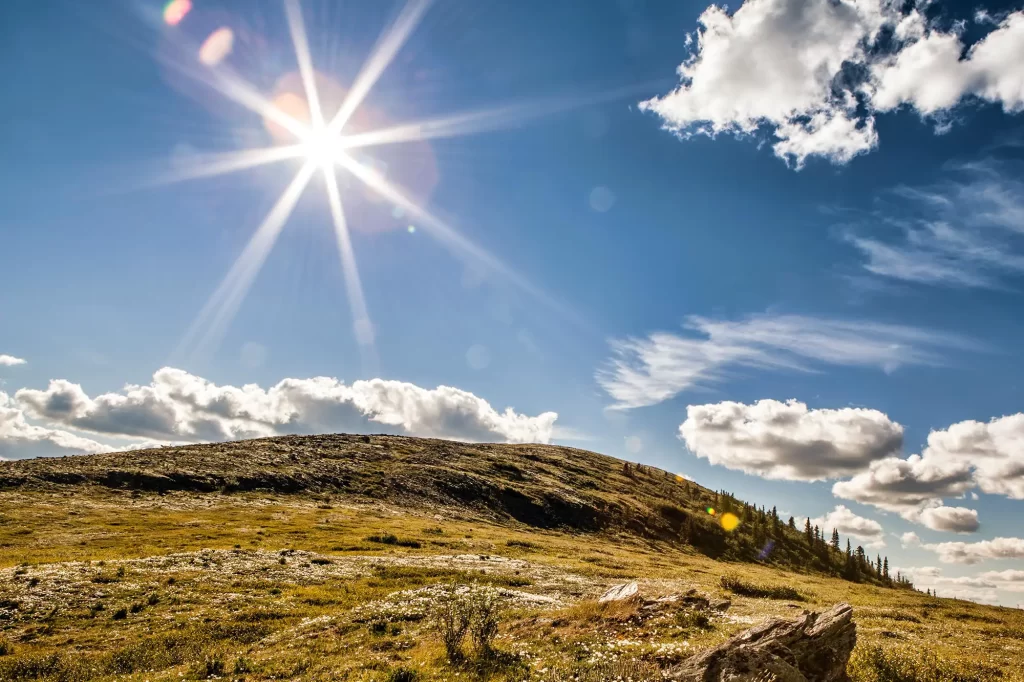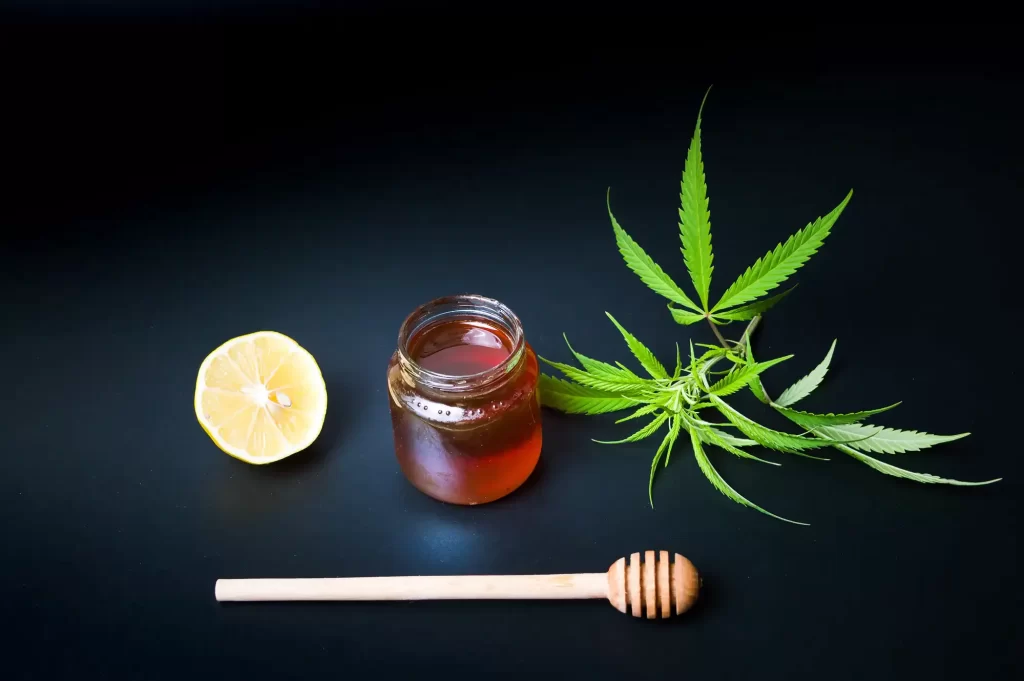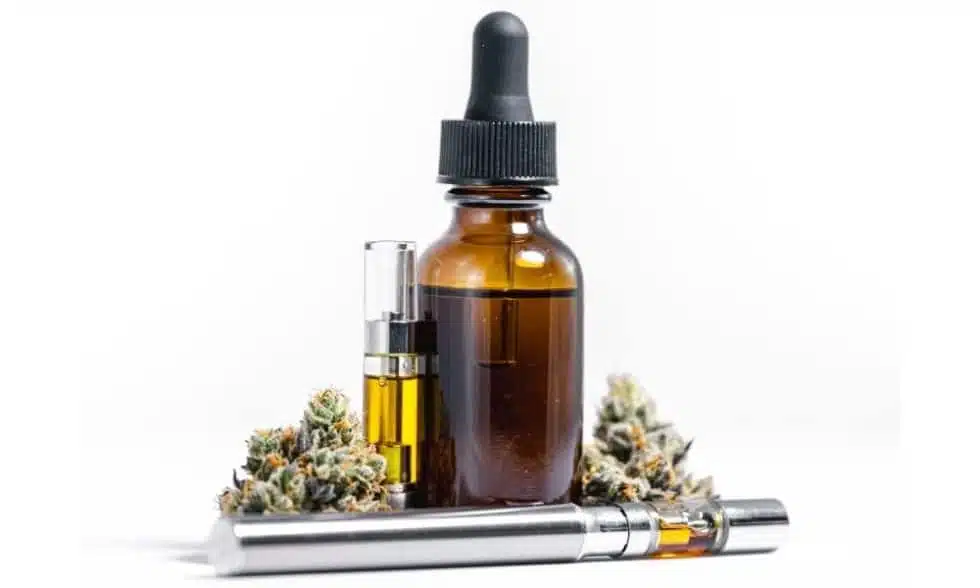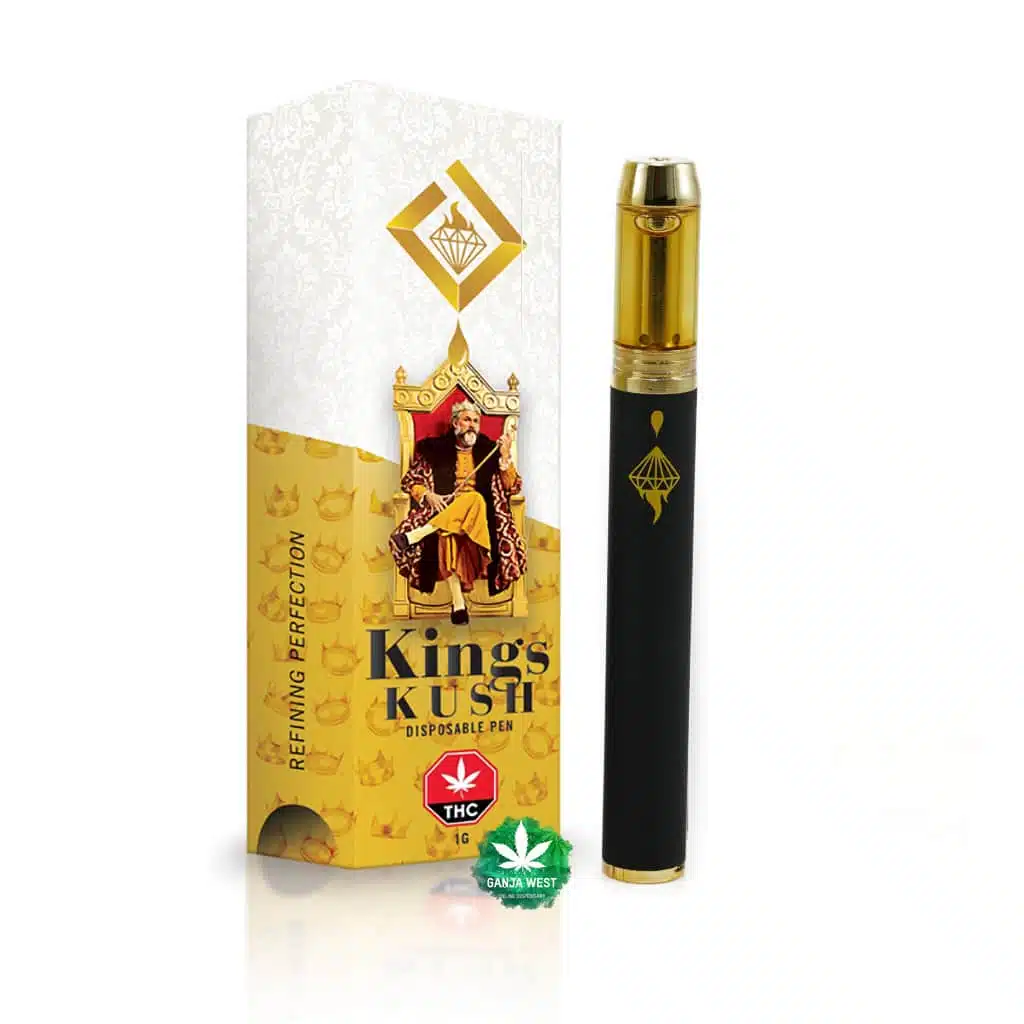Why Don’t You Get High From CBD?
Why Don’t You Get High From CBD?
Marijuana has been legal for a year and a half, so many Canadians have had a chance to try it out. With so many different products and potencies, it’s now much easier to find what you’re looking for. The online and retail marketplaces for marijuana in Canada are getting full of different products, from different strains to different terpenes. Gone are the days when you had to get your weed from a friend down the street, who you didn’t really know what was in their weed. Today, there are many well-educated marijuana consumers who want specific products to meet their needs.
Many people believe that THC and CBD have different benefits, but there is plenty of evidence that both can be beneficial. It’s up to you to decide which cannabinoid you want to try.
I’m sure you’re interested in finding the right cannabinoid for you. Do you have a particular medical condition that you use cannabis for? Or are you just enjoying the high? Here are some important questions to ask yourself when choosing a cannabis strain: What is THC and CBD? What are the differences between CBD and THC? And why might one cannabinoid be better for you than the other? Let’s take a look at these topics more closely. There are a few key differences between THC and CBD. THC is responsible for the “high” you feel when smoking or vaping cannabis, while CBD doesn’t produce a psychoactive effect. CBD is also more beneficial for medical use, as it has anti-inflammatory, anti-anxiety, and anti-psychotic properties. THC and CBD are two of the most common cannabinoids found in cannabis. THC is the psychoactive compound that makes you feel high, while CBD is non-psychoactive and has a range of medical benefits. If you’re looking for a cannabinoid that will give you the most euphoric and psychoactive effects, THC is the way to go. If you’re looking for medical benefits, CBD may be a better option. Ultimately, the best cannabinoid for you depends on your specific needs and preferences.
FRIENDS OR FOES? CBD vs THC
It’s important to know that these cannabinoids are in their natural, acidic state – meaning they need to be decarboxylated through heat or pressure in order to become the “active compounds” like THC or CBD.
CBD, CBGV, and CBCV are all unique cannabinoids with different medical benefits.
Cannabinoids like THC and CBD are the most well-known and studied cannabinoids, but there are other cannabinoids like CBN that are found in cannabis flowers that have been broken down (old). There is still very little information on these other cannabinoids, and there needs to be more research before we fully understand their impacts on cannabis and on our health. Therefore, when we’re considering the major players in the cannabinoid landscape, it’s the THC and CBD show for now.
It is important to understand the complexities of cannabinoids – of which THC and CBD are just a couple of examples. Cannabinoids are chemical compounds found in plants, and they have been shown to have a variety of effects on the mind and body. There are over a hundred known cannabinoids in cannabis, but we still don’t know everything about these compounds. However, the most studied and renowned cannabinoids today are THC and CBD.
There are a variety of cannabidiolic acids (CBDAs) present in cannabis, each with their own unique properties. Some of these acids include cannabigerolic acid (CBGA), cannabidiolic acid (CBDA), cannabichromenenic acid (CBCA), and cannabigerovarinic acid (CBGVA). Together, these acids make up the full spectrum of cannabidiols (THCVs).
Cannabis is becoming increasingly legal, and people are becoming more educated about its true benefits. In fact, without the non-psychoactive healing powers of cannabidiol, THC would be a much harder sell to policymakers. This is because THC is psychoactive, while cannabidiol is not.
Cannabis and THC both interact with our Endocannabinoid System (ECS), but CBD does not have the same psychoactive effects as THC. In fact, CBD might interact with our CB2 receptors to manage our anxiety or stress.
Cannabinoids and receptor types affect multiple reactions, but the main reason we feel “high” when consuming THC vs CBD is because our bodies process them differently. Think of your Endocannabinoid System like an HVAC system: it regulates temperatures (cannabinoids), and maintains a consistent balance, depending on the controls you set. Your body does the controlling, setting certain reactions and processes whenever it needs to – such as when you have an imbalance (like arthritis) and need some heat (THC) to bring the temperature up (block pain), or cold (CBD) to reduce it back to an ideal condition (reduce inflammation). Both THC (heat) and CBD (cold) have their own value in their own right, but it can change from person to person.
Just like it is difficult to dose people differently based on their comfort levels with different temperatures, it is also difficult to dose people differently based on their comfort levels with cannabinoids. Different people will respond differently to dosages of THC and CBD, which makes it difficult for doctors to prescribe a “one-size-fits-all” dosage for their patients. However, this doesn’t mean that we can’t have an idea of how THC and CBD might affect us, it’s just that it is difficult to do so based on the current research model.
The burden of proof is on those who say cannabis is harmful, as there is a mountain of research from which to stand. However, until that research is completed, we can safely say that cannabis has positive effects on human health and happiness. Many Canadians have been using marijuana for years without any negative consequences, so it’s time to focus on the reasons why we might want to try it.
WHICH CANNABINOID IS RIGHT FOR YOU?
Cannabis is a plant with many different chemical compounds, one of which is THC. THC is responsible for the psychoactive effects of cannabis, while CBD does not have these effects. There are many different benefits to THC and CBD, and it is important to understand why they are different before deciding if either is right for you.
There are pros and cons to each type of cannabis consumption, but you don’t have to choose between them. By taking advantage of both CBD and THC in different ways, you’ll be able to get the most out of each type of cannabis and achieve your goals.
In general, CBD is the best choice when you are in a situation where you cannot risk getting high. Without getting into politics, simply put, if you need to drive home later, work with heavy machinery, or perform in high-pressure situations (like a court or medical facility), you should avoid consuming THC. Even if you’re an experienced smoker and are absolutely sure of your THC tolerance, we recommend playing it safe. If you absolutely need relief from anxiety, pain, inflammation, or a number of other common ailments, but also don’t want to risk getting high, then CBD just makes more sense.
Before you get upset that we’re cheering for the CBD team, let us explain that THC also has a lot of benefits to offer – and we’ll tell you about them. THC has been shown to be a very powerful reliever of pain, reduces inflammation very well, can stimulate appetite efficiently, and is also a very powerful sleep aid. These are just a few of the many benefits that THC has to offer – there’s always the factor of psychoactivity in the background. For many cannabis consumers, getting high is one of the major appeals of marijuana – the escape, the unplugged relaxation, the freedom to explore the inner facets of one’s mind. Nonetheless, many people still find the psychoactive effects of THC to be debilitating or inconvenient. So, if you need pain relief, some help with anxiety or a good night’s sleep, THC is a great choice.
Conclusion
If you are interested in cannabis and THC products, check out Ganja West online dispensary at ganjawest.co!












